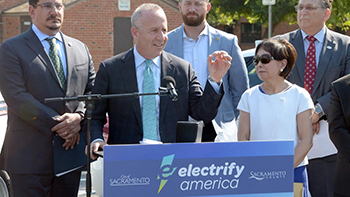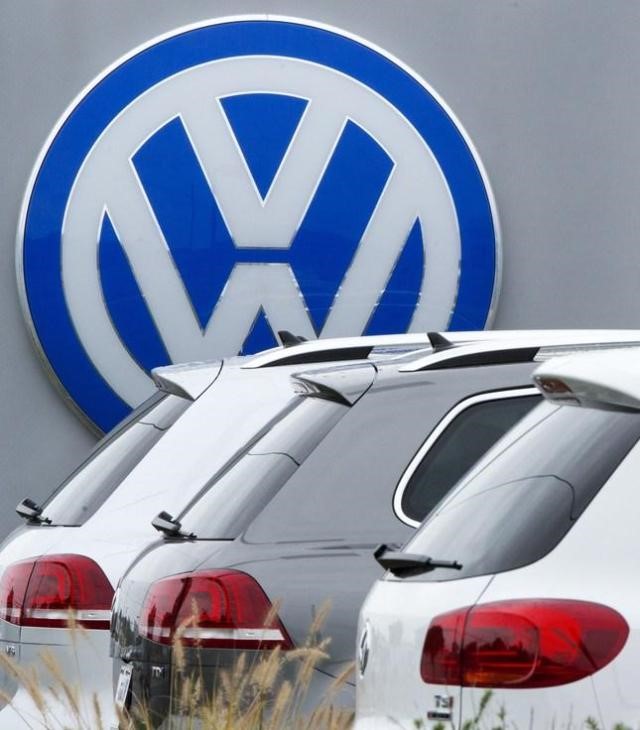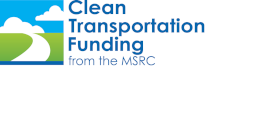 Clean Transportation Funding from the MSRC was one of the first funders in the state to invest in zero emission vehicle (ZEV) infrastructure and the Committee is pleased to see recently announced funding to help meet California’s aggressive goals to advance the adoption of ZEVs.
Clean Transportation Funding from the MSRC was one of the first funders in the state to invest in zero emission vehicle (ZEV) infrastructure and the Committee is pleased to see recently announced funding to help meet California’s aggressive goals to advance the adoption of ZEVs.
Last month, the California Air Resources Board (CARB) approved an initial plan by Volkswagen to invest $200 million dollars in California to help build the basic ZEV charging network around the State. Funds also will be invested to launch a multilingual public outreach and education campaign, and begin ZEV access projects, including the first “Green City” project that will be implemented in Sacramento. This is a portion of an overall $800 million settlement to invest in California’s ZEV infrastructure over the next decade and resulted from a multi-part settlement agreement from VW’s use of “defeat device” software to cheat on vehicle certification tests for its diesel passenger cars sold between 2009 and 2016. This allowed diesel emissions up to 40 times the legal amount of nitrogen oxide (NOx) to be spewed into California’s air.
The funds will be invested by Electrify America, a subsidiary of VW created to develop and implement its ZEV settlement initiatives, in four installments of $200 million each over the next 10 years in projects identified in four separate 30-month Investment Plans to be approved by CARB through a public process. In August, Electrify America officially chose Sacramento to be the first of two Green Cities in California. They will invest in building charging stations and providing access to ZEVs for car sharing, and other “ride and drive” opportunities for city residents. A second Green City located in a disadvantaged community will be selected in a later phase of the investment.
 In addition to its Sacramento investments, Electrify America is targeting ZEV infrastructure rollouts in Fresno, Los Angeles, San Francisco, San Jose, and San Diego, The Plan includes community charging networks in each of these cities, as well as a statewide high-speed charging network. The vehicle charging networks include community locations, multi-family dwellings, commercial and retail locations, workplaces and municipal parking lots and garages. Electrify America estimates that of the 1,500+ census tracts it has prioritized for community charging investments, more than 35 percent of these areas have been identified as disadvantaged or low-income communities.
In addition to its Sacramento investments, Electrify America is targeting ZEV infrastructure rollouts in Fresno, Los Angeles, San Francisco, San Jose, and San Diego, The Plan includes community charging networks in each of these cities, as well as a statewide high-speed charging network. The vehicle charging networks include community locations, multi-family dwellings, commercial and retail locations, workplaces and municipal parking lots and garages. Electrify America estimates that of the 1,500+ census tracts it has prioritized for community charging investments, more than 35 percent of these areas have been identified as disadvantaged or low-income communities.
“We are pleased that Volkswagen can now move forward with its ambitious plan to help bring electric vehicle technology to corners of California ignored in earlier efforts,” said CARB Chair Mary D. Nichols. “This will help the state as a whole, and especially some of our disadvantaged and underserved communities, to shift to the cleanest vehicles on the market to help clean the air and fight climate change.”
VW also will be paying approximately $422 million to the state of California to replace older, dirtier heavy-duty vehicles and equipment with cleaner versions in addition to paying $153.8 million in state penalties and buying back or fixing all of the affected vehicles.
More information about these investments can be found at https://www.arb.ca.gov/msprog/vw_info/vsi/vw-zevinvest/vw-zevinvest.htm
